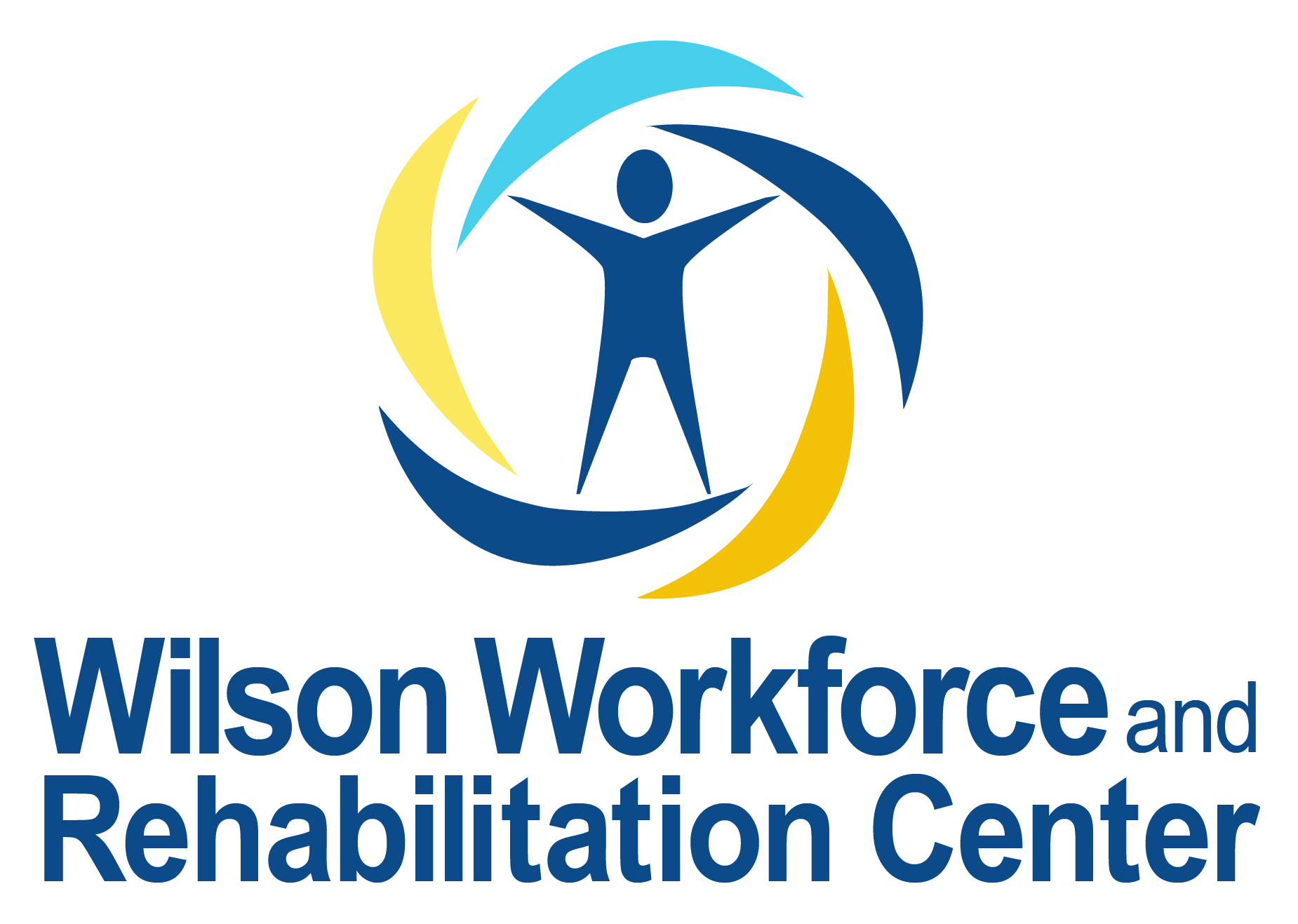WWRC's Vocational Training (VT) Department provides a continuum of disability-related accommodations, based on assessed individualized need, in accordance with the Americans with Disabilities Act (ADA) and, the Rehabilitation Act of 1973, as amended. In keeping with the spirit of these pieces of national legislation, such accommodations are intended to facilitate access and inclusion for otherwise qualified individuals, and may include (but are not limited to): - Assistive Technology Devices and Services, as defined below (in accordance with national legislation):
- Devices: Any item, piece of equipment, or product, whether acquired commercially off the shelf, modified, or customized, that is used to increase, maintain, or improve functional capabilities of individuals with disabilities; and,
- Services: Any service that directly assists an individual with a disability in the selection, acquisition, or use of an assistive technology device.
- Physical modifications to the learning environment;
- Instructional technique modifications to adjust for student learning styles (e.g. WWRC instructors are expected to utilize a diversity of instructional techniques, flexible to meet the needs of each student);
- Use of interpreters, communication assistants, and/or personal care attendant;
- Alternative "written" form (e.g. Braille, large print, scanners)
- Alternative forms of testing/assessment (e.g. readers; scribes; word processors; extended time; oral exams; etc.);
- Modified (not "watered down") curricula; and/or
- Extended Course Time/Scheduling Considerations.
For students requiring an interpreter, support is provided through WWRC's Deaf and Hard of Hearing Services Unit (DHHSU). If an instructor believes she/he is capable of providing interpreting for a student for most or all of the below classroom situations, the instructor should be evaluated by one of the (DHHSU) staff. If competency is determined, an instructor can provide his/her own interpreting in the following classroom situations. If competency has not been evaluated or is not reached upon assessment, interpreting services must be provided through the (DHHSU) or through contracted services.
Classroom situations which must be interpreted: - Explanation of safety rules
- Machine operation and mastery check off
- Concerns related to inappropriate learning behaviors
- Conflicts between peers or with an instructor
- Student requests for medical services and/or to go to Student Health
- Shop-related accidents
- Instruction of new tasks and/or equipment/materials
- Work-related films or videos
- Scheduled daily academic class sessions
Classroom situations not required to be interpreted: - Providing praise to a student
- Demonstrating (e.g. hands on) tasks that were previously explained and steps which are expected to be mastered.
The following guidelines for determining "essential components of a course or program" may be useful to instructors in the consideration of possible curricula modifications: ** - What is the purpose of the program or course?
- What would be the "essential functions of the job" relative to the individual's chosen vocational goal?
- What skills or competencies will be required in the field after graduation?
- What licensure requirements are mandated for the individual to be employed in the field for which s/he is training?
- What academic and technical skills must be demonstrated?
- What percentage of academic and technical skills must be mastered?
- What methods of instruction are nonnegotiable? Why (For example, you may require a drafting student to follow written instructions, even if this is not the preferred learning style, to meet minimal employer expectations)?
- What mastery levels are nonnegotiable? Why (For example, you may require a work speed standard that is minimal for the field in which the individual is training)?
|

